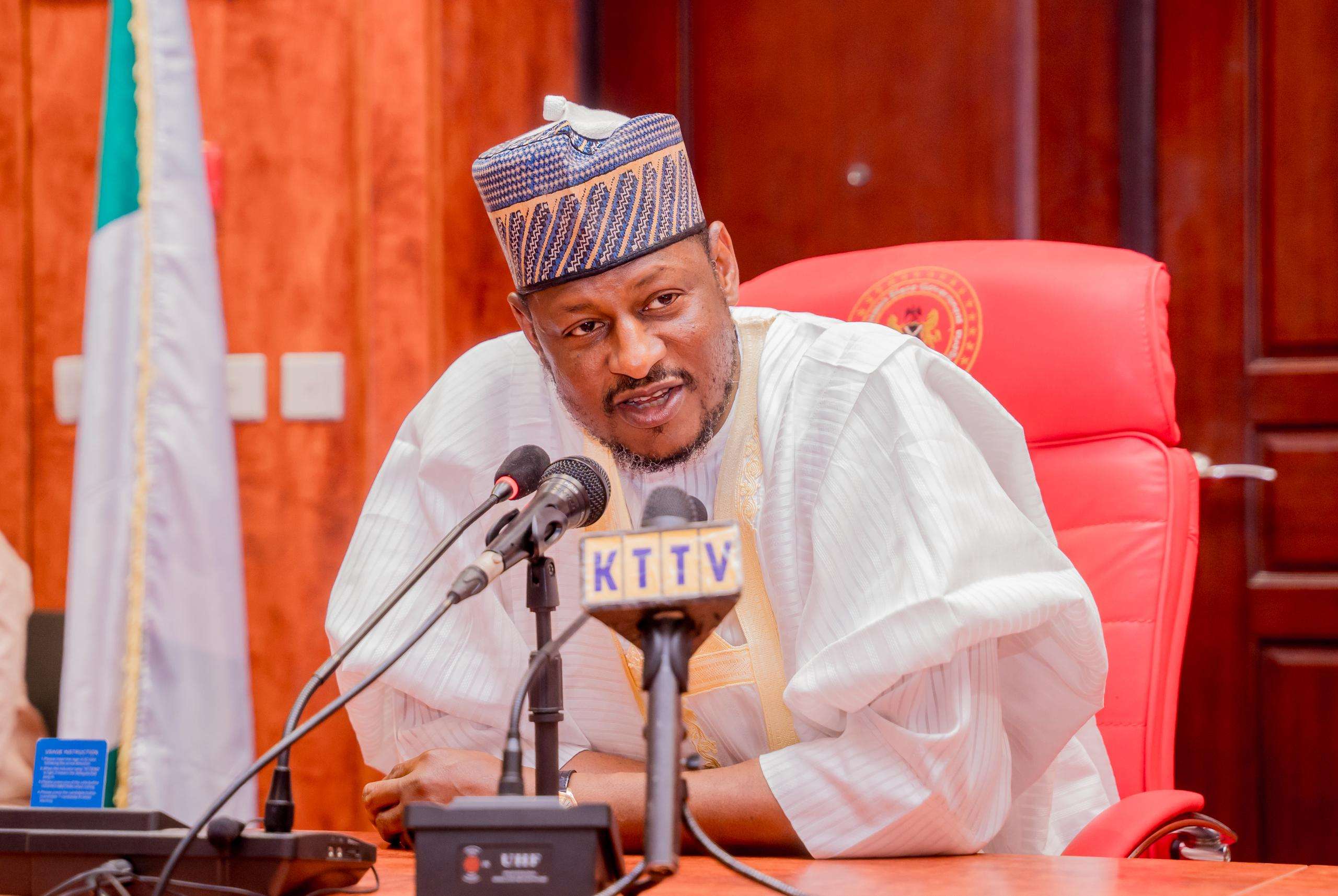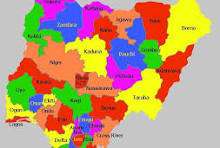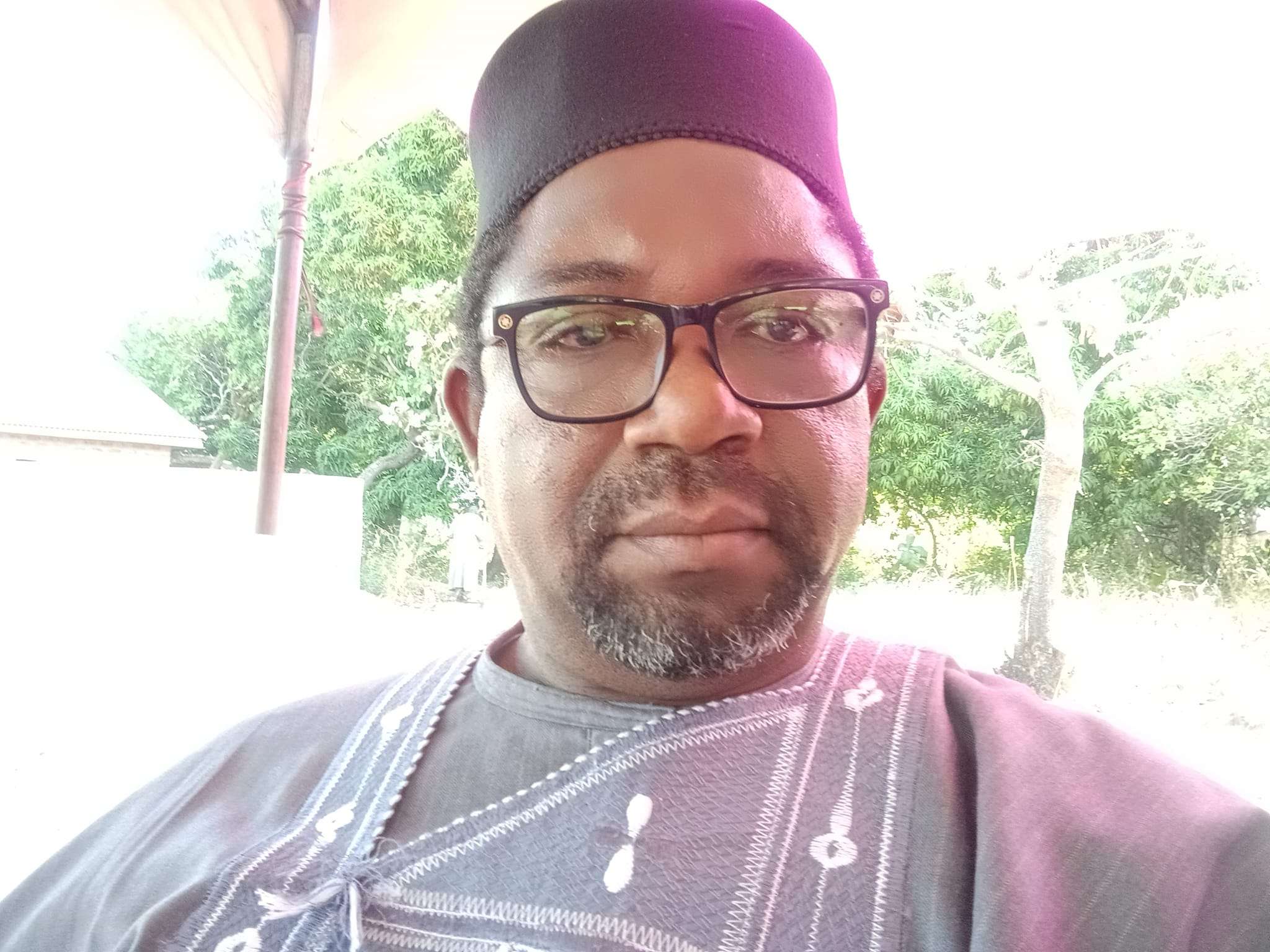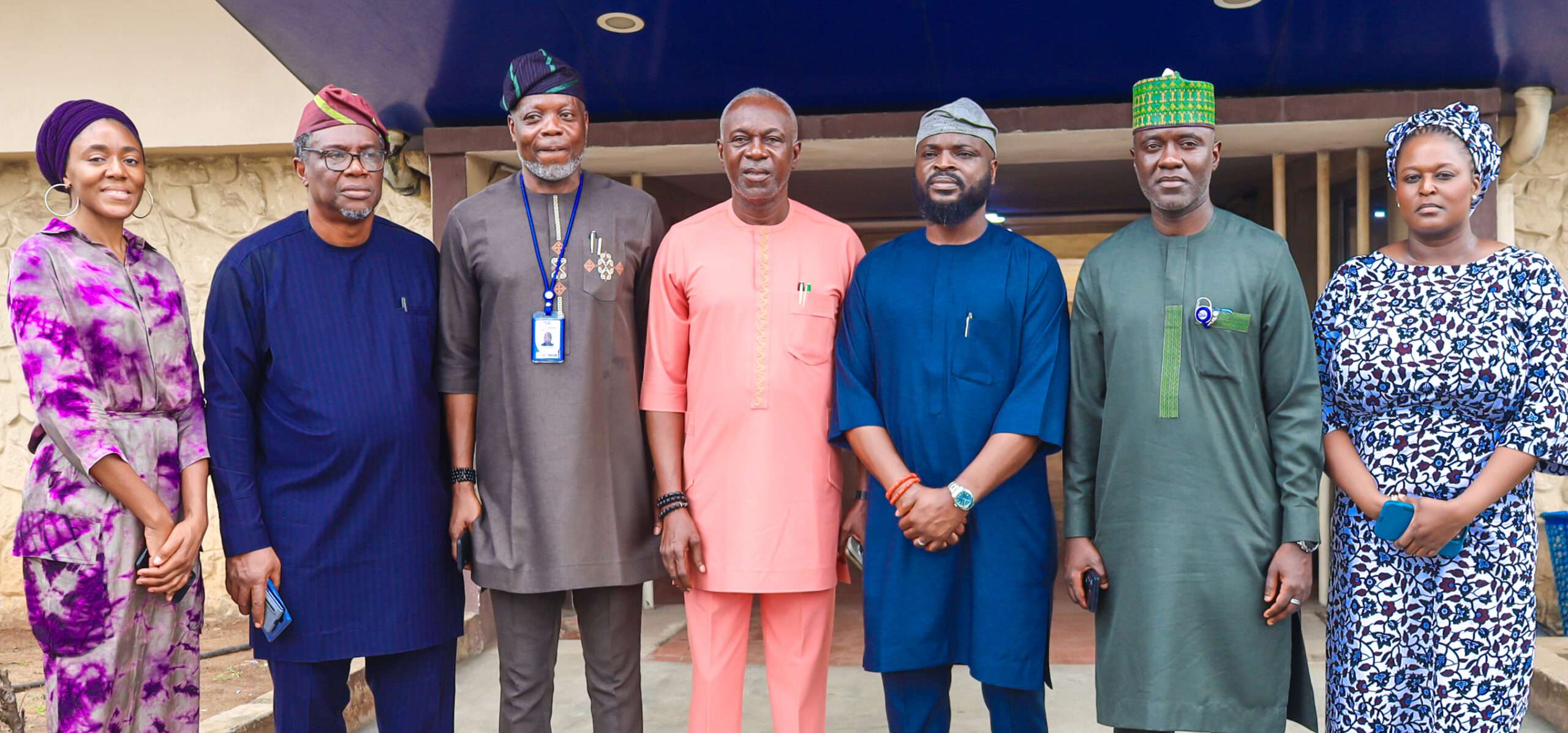The Minister of Transportation, Saidu Ahmed Alkali, and the Managing Director of the Nigerian Railway Corporation (NRC), Mr Kayode Opeifa, have ruled that though the committee set up to investigate the cause of the recent derailment of the Kaduna-Abuja train, preliminary investigation reveal that sabotage was not the cause.
There were speculations that the primary cause of the derailment may have been the activities of scrap petal syndicate who may targeted the irons of the rail line for vandalisation.
There have been an uptick in train derailments in the country with Data from the National Bureau of Statistics (NBS) showing 188 train derailment have been recorded in the country between 2020 and 2025.
Out of this statistics, 2020 and 2022 alone, witnessed 183 derailments, 57 in 2020, 61 in 2021, and 65 in 2022, making derailment the most common railway accident in recent years.
This alarming rate of incidence is attributable to poor maintenance, vandalism, weak security controls, and ageing infrastructure..
But addressing State House correspondents in Abuja at the weekend, the Minister “We have fixed the “point machine” from here up to Kaduna, and since then, there has been no issue of derailment. For this incident, investigations are ongoing, and we don’t want to preempt the committee until it submits its report,” the Minister said.
A point machine, also called a switch motor, remotely operates railway turnouts by moving the blades that guide trains from one track to another and locking them securely in place. Modern systems are equipped with sensors that confirm blade positions to ensure safe operations.
While acknowledging that vandalism of railway assets remains a challenge despite several arrests and prosecutions, Alhaji Alkali said government was working with the Office of the National Security Adviser on a comprehensive protection plan for the entire rail infrastructure in the country.
Speaking on the reports that N30 billion was allocated for rail security in the 2023 budget, he said although the amount was proposed, it was not captured in the final Appropriation Act.
Specifically, the Federal Government had originally proposed N30.79 billion for an acoustic sensing security system on the Abuja (IDU)-Kaduna rail line, alongside allocations for completion of the Abuja-Kaduna and Lagos-Ibadan rail projects, rehabilitation of the Itakpe-Ajaokuta line, and other works.
Meanwhile, the Managing Director of the Nigeria Railway Corporation, Kayode Opeifa has tendered an unreserved apology to journalists, particularly to the NTA reporter whom she harrassed and insulted at the scene of the train derailment.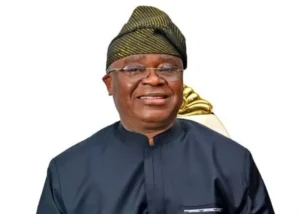
His apology followed a protest letter from the Nigeria Association of Women Journalists (NAWOJ), which condemned the harassment of its immediate past national chairperson, Comrade Ladi Bala.
“If any journalist or medium felt excluded or not well treated at the accident scene, I take full responsibility and I sincerely apologise. We are committed to transparency and will continue to provide the press with access and information as events unfold,” Opeifa said.
On the cause of the derailment, he also ruled out sabotage.
“Nationwide, rail tracks are constantly targeted by vandals and scrap syndicates. But with specific reference to this incident, the track showed no signs of sabotage or structural failure. Our initial findings indicate it was an operational accident at a junction point,” he explained.
Opeifa confirmed that all 618 passengers were safely evacuated. Twenty sustained minor injuries, while seven were hospitalised and have since been discharged, with the NRC footing all medical bills.
He commended first responders, security agencies, and community members for their swift action, stressing that remedial work on the damaged track was ongoing and that train services would resume shortly.
